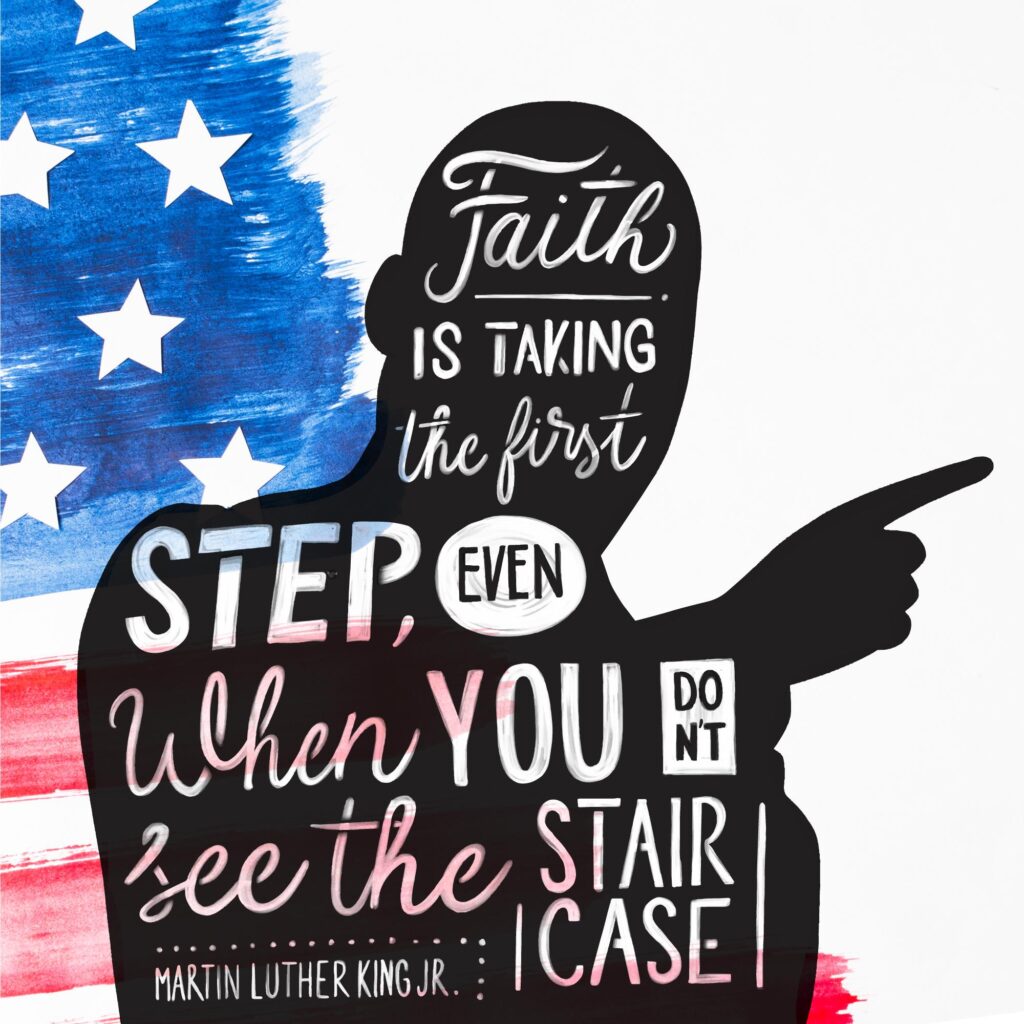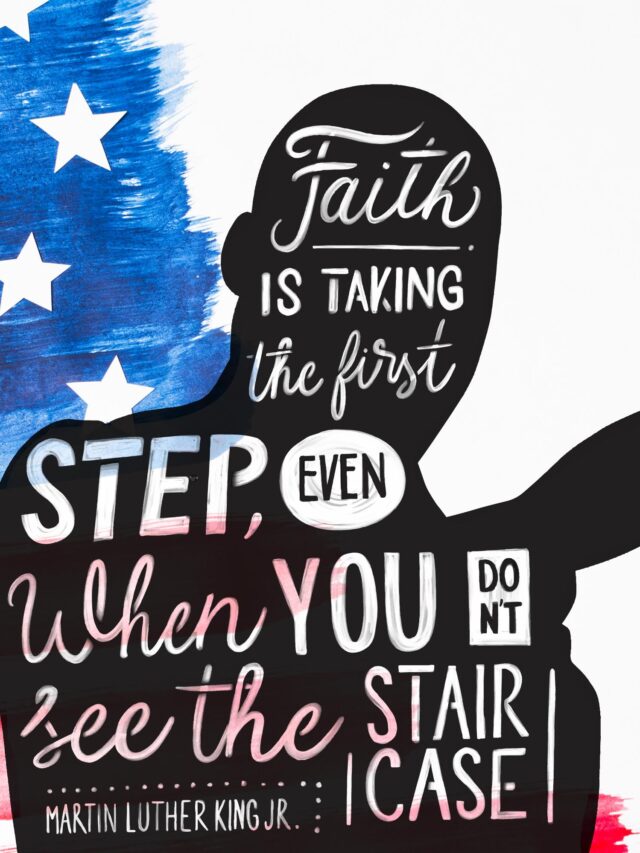Introduction
Martin Luther King Jr. is known worldwide for his leadership in the American civil rights movement. While many people are familiar with his famous “I Have a Dream” speech and his role in advocating for racial equality, there are several lesser-known facts about him that may surprise you.

Early Life and Education
Martin Luther King Jr. was born on January 15, 1929, in Atlanta, Georgia. His birth name was Michael King Jr., but his father later changed both of their names to Martin Luther in honor of the German Protestant religious leader. King excelled in school and entered Morehouse College at the age of 15, where he studied sociology and was influenced by the teachings of Mahatma Gandhi.
Civil Rights Movement
King became involved in the civil rights movement early in his career. He was a key figure in the Montgomery Bus Boycott, which was sparked by Rosa Parks’ refusal to give up her bus seat to a white passenger. This event catapulted King to national prominence as a leader of the movement.
Influences and Inspirations
King drew inspiration from various sources, including his Christian faith and the teachings of Gandhi. He believed in nonviolent resistance as a means of achieving social change and was influenced by the writings of Henry David Thoreau and Reinhold Niebuhr.
Nonviolent Resistance
One of King’s most significant contributions to the civil rights movement was his advocacy of nonviolent resistance. He believed that love and nonviolence were powerful forces for social change and used peaceful protests and civil disobedience to challenge racial segregation and discrimination.
“I Have a Dream” Speech
On August 28, 1963, King delivered his iconic “I Have a Dream” speech during the March on Washington for Jobs and Freedom. In this speech, he articulated his vision for a future where people would be judged by the content of their character rather than the color of their skin.
March on Washington
The March on Washington was a pivotal moment in the civil rights movement and brought attention to the need for civil rights legislation. It culminated in King’s famous speech and helped galvanize support for the Civil Rights Act of 1964.
Nobel Peace Prize
In 1964, King was awarded the Nobel Peace Prize for his nonviolent resistance to racial prejudice and his efforts to achieve racial equality through peaceful means. He was the youngest person at that time to receive the prestigious award.
Legacy and Impact
Martin Luther King Jr.’s legacy continues to resonate today. His leadership and advocacy paved the way for significant advancements in civil rights legislation, and his message of equality and justice remains as relevant as ever.
Conclusion
Martin Luther King Jr. was a visionary leader whose impact on the civil rights movement cannot be overstated. His commitment to nonviolent resistance and his powerful speeches continue to inspire people around the world to fight for justice and equality.
FAQs About Martin Luther King Jr.
- What was Martin Luther King Jr.’s full name? Martin Luther King Jr.’s birth name was Michael King Jr., but his father later changed both of their names to Martin Luther in honor of the German Protestant religious leader.
- What was Martin Luther King Jr.’s role in the civil rights movement? Martin Luther King Jr. was a key leader in the American civil rights movement, advocating for racial equality through nonviolent resistance and peaceful protests.
- What is Martin Luther King Jr. best known for? Martin Luther King Jr. is best known for his “I Have a Dream” speech and his role in advocating for civil rights legislation, including the Civil Rights Act of 1964.
- What impact did Martin Luther King Jr. have on society? Martin Luther King Jr.’s impact on society was profound. His leadership and advocacy helped bring about significant advancements in civil rights legislation and inspired generations of people to fight for justice and equality.
- How is Martin Luther King Jr. remembered today? Martin Luther King Jr. is remembered as a visionary leader who dedicated his life to the pursuit of equality and justice. His legacy continues to inspire people around the world to work towards a more just and equitable society.
